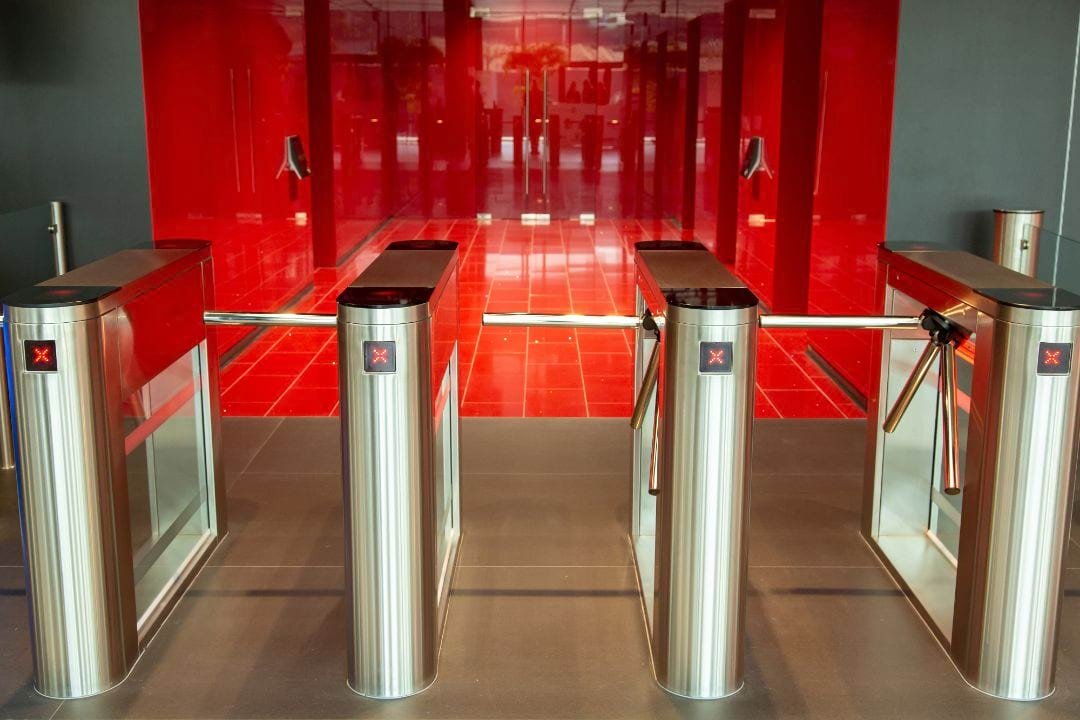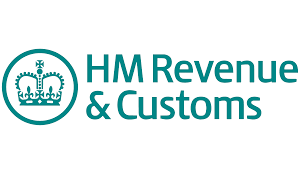In a speech at eu-LISA, the European Commissioner for Home Affairs, Ylva Johansson, revealed that the EES would enter into operation on November 10, 2024, EU Helpers reports.
Even though it was previously announced by multiple media platforms that November 10 would be the launch date of the EES, this is the first time that the EU has officially confirmed its implementation date and set a target day.
In addition to officially confirming the launch date of the EES, Commissioner Johansson also disclosed that the authorities are currently in the final testing phase.
700 Million Travellers Will Be Affeted Each Year by EES
Once the EES becomes effective, Commissioner Johansson said that 700 million people travelling to Europe would be affected every year. At the same time, she emphasised that the system would ensure that 450 million Europeans would feel safer.
Expressing her gratitude for eu-LISA’s work in the last ten years, Commissioner Johansson further said that the mission has been completed successfully.
What Is EES & How Will It Affect Foreigners Entering EU?
The Entry/Exit System (EES) is an automated IT system that will register foreign travellers entering the territory of the EU for short stays, regardless of whether they are eligible for visa-free entry or not.
The system will replace the current manual passport stamping and will register the traveller’s name, type of travel document, biometric data (their fingerprints and facial images), and the date and place of entry and exit from the EU.
In addition to registering the entry and exit of travellers, the system will also record entry refusals.
The main aim of the system is modernise border management, prevent irregular migration to the bloc, and protect European citizens, among others. The EES will also help identify over-stayers as well as those who attempt to enter the EU using forged documents.
Once the EES launches, all foreigners will have to register into the system. The data of travellers will be stored in a safe database for three years. This means that travellers will not be required to undergo the registration process every time they enter and leave the bloc.








